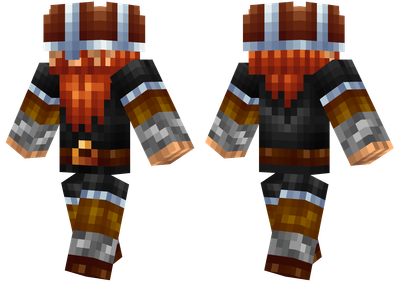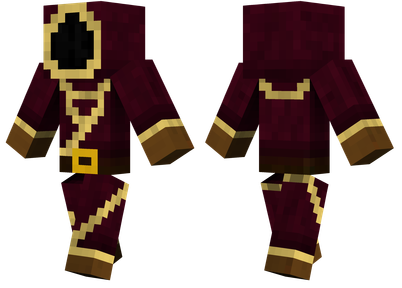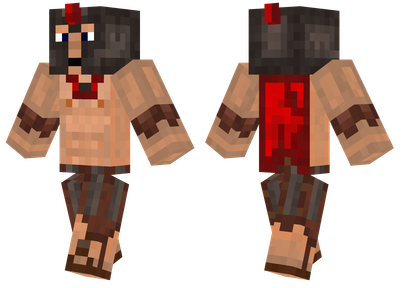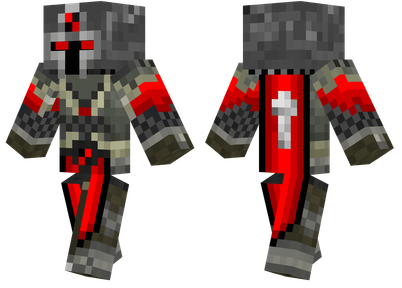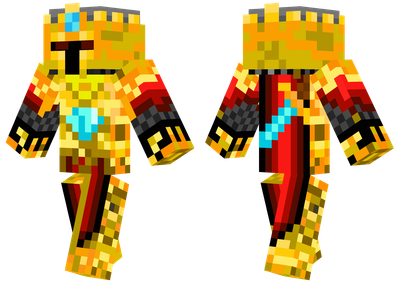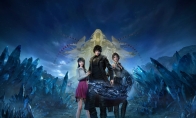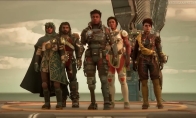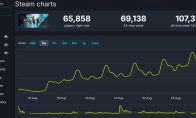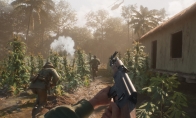In a recent interview with MrMattyPlays, former BioWare producer Mark Dara talked about the player's expectations for "Dragon Age 2" as the orthodox sequel to "Dragon Age: Origins" may have damaged the reputation of this more experimental work when it was first released.
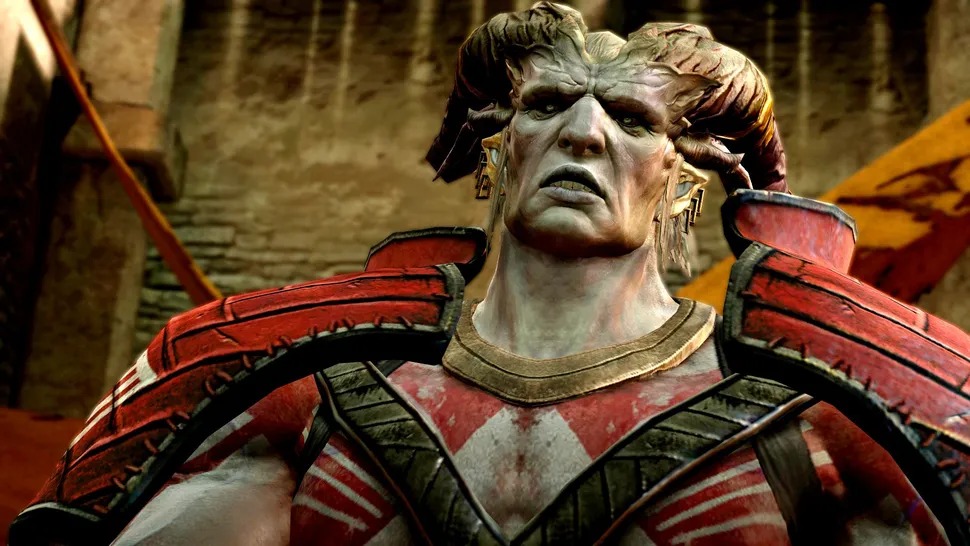
“When it comes to the projects that I’m most proud of, I’ll choose Dragon Age 2 from many levels,” Dara said in an interview. “It’s not because it’s the best game I’ve ever made, but because we completed it with strict time constraints, and I’m very proud of the results the team has achieved in a limited time.”
When MrMattyPlays asked Dara how he evaluated the historical status of "Dragon Age 2" with mixed reputations (but his reputation has gradually improved in recent years), he admitted: "The public opinion dilemma encountered when "Dragon Age 2" was largely due to our failure to prepare players for change. This is precisely one of the reasons why its reputation can be restored over time."
"When players re-examine the work five, ten or even fourteen years later, they can evaluate its independent value from a new perspective. The problem is that we originally named it Dragon Age 2 and claimed that "It can be directly compared to Dragon Age: Origin", which led to the gap that after the player experience, "This is not the sequel to Origin" - it is indeed not. But we have failed to effectively guide players to accept this fact."
The development cycle of "Dragon Age 2" is surprisingly short: less than 16 months, which is sharply contrasted with the long incubation period of "Origin" and the development standards of today's 3A games for at least three years.
Haste development has led to a large number of scene reuses in the game (players will recognize the venue for the prologue to beat the gangsters in the warehouse where the final chapter is fighting cultists), and reuse of wave enemy designs to encounter battles - this makes the game's unique character shaping and instant pause combat system not fully utilized.
But Dara points out the most trait I appreciate in "Dragon Age 2": it is more like a "Dragon Age" legend, like a three-season TV series set in the Continent of Cedas, rather than a grand epic that saves the world like "Origin" or the subsequent "Judgement" and "Guardian of Shadows".
Players are able to witness the evolution of the same location and character group across ten years.Despite the limited scenes, Kirkwall has become an unforgettable real city in video games; the character creation of this game is one of the best group portraits in BioWare's history.
For this studio, which is always praised as "the main plot is not as outstanding as the side and characters", making a game that focuses entirely on the side stories and characters is a masterpiece.This makes people miss the dead "Joplin Project" again - a project code-named the first edition of "Dragon Age 4", which was originally planned to focus on the urban robbery of the Tiwinter Empire.
In contrast, "Dragon Age: Judgment" pursues becoming "Dragon Age: Origin 2", and "The Guardian of Shadow" tries to continue the framework of "Dragon Age", but in the end, none of them surpassed the previous work.Too many adventure plots of traveling around the world and saving the people dilute the once fascinating mystery and epic pattern of Cedas - this trait is particularly prominent in the focus of "Origin" and "Dragon Age 2".
In the interview, Dara also mentioned that "Dragon Age" was not even planned as a complete series at first; the crazy development cycle of "Shadow Guardian" made it essentially a work that "four games are stitched together".



